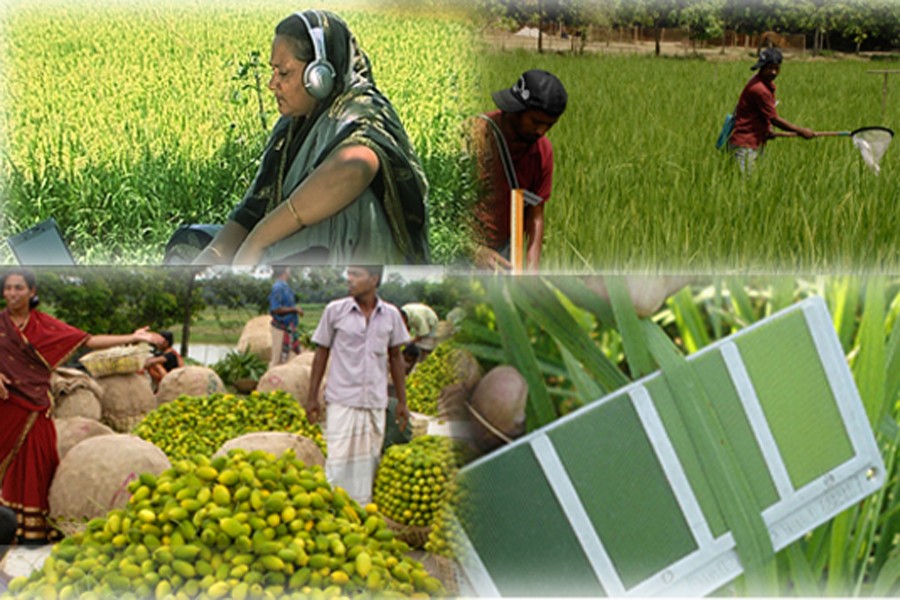
Published :
Updated :

That Bangladesh's agro-processing industry remains mired in layers of regulatory hurdles is no secret. The sector, despite its immense potential to drive export growth, rural employment, and value addition to agricultural produce, continues to struggle with a host of compliance challenges. Exporters must navigate a maze of stringent and often inconsistent standards that vary not only across products but also from one destination market to another. Yet, as a recent FE report reveals, the challenges at home-those involving domestic regulatory compliance-are no less daunting.
At a press meet earlier this week, industry leaders voiced strong frustration over what they described as a "web of regulatory tangles," high testing costs, and poor coordination among government agencies. They argued that the cumbersome procedures and overlapping jurisdictions have slowed the sector's progress and deterred potential investors. At the core of the problem lies the need to deal with multiple regulatory bodies-each with its own mandates, paperwork, and approval requirements. The Bangladesh Standards and Testing Institution (BSTI), the Directorate of National Consumer Rights Protection, the Bangladesh Competition Commission and the Bangladesh Food Safety Authority are all involved with regulation of various aspects of the industry. However, the coordination among them remains weak, resulting in duplication of work, contradictory instructions and unnecessary delays. Industry insiders contend that such inefficiency not only inflates production costs but also undermines competitiveness in both domestic and international markets.
Among the regulators, BSTI has come under particular criticism. As the country's sole standards authority, it plays a vital role in certifying quality and ensuring product compliance. Yet, businesses complain that its inspection and certification charges are excessively high and that separate approvals are required for products differing only in weight or packaging. Such bureaucratic rigidity has made BSTI certification prohibitively expensive, especially for small and medium enterprises. While BSTI conducts about 160 laboratory tests, many exporters still have to send samples abroad for specialised analyses, leading to additional costs and delays. Industry stakeholders have, therefore, urged the government to consider the establishment of a unified, modern regulatory authority-one that could integrate testing, certification and food safety oversight under a single umbrella, akin to the U.S. Food and Drug Administration (FDA). Such consolidation, they argue, would minimise duplication, enhance efficiency and ensure greater accountability.
Testing and certification are indeed indispensable for the credibility of Bangladesh's agro-exports, particularly in markets with stringent food safety and quality standards. But without an enabling domestic regulatory environment, the sector's potential cannot be fully realised. The government's role, therefore, should not be limited to regulation alone--- it must also facilitate compliance through streamlined procedures, cost-effective testing and robust institutional coordination. If the long-standing bottlenecks are addressed with sincerity, Bangladesh's agro-processing industry could emerge as a major front of export diversification. Easing regulatory burdens is thus not merely a matter of convenience but also a prerequisite for unlocking one of the country's most promising engines of sustainable growth.


 For all latest news, follow The Financial Express Google News channel.
For all latest news, follow The Financial Express Google News channel.